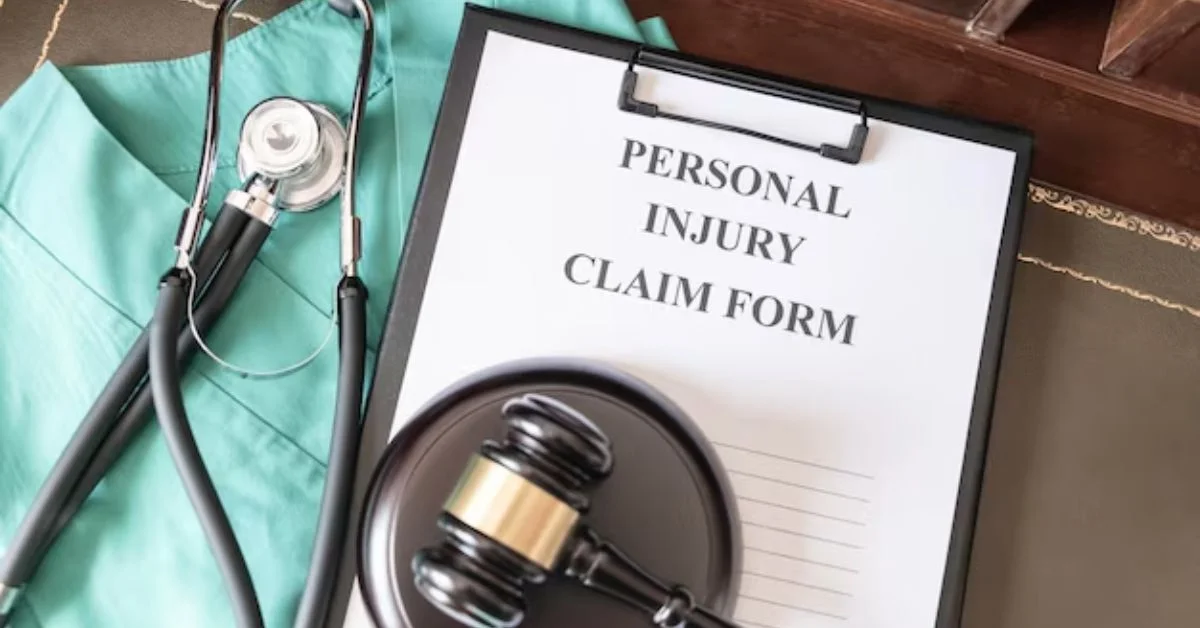Navigating the legal waters of personal injury law can seem daunting, especially when faced with the aftermath of an accident or injury. Understanding your rights and the processes involved is critical to securing the compensation you deserve. This guide aims to demystify personal injury law in Texas, providing you with the knowledge to seek exceptional legal representation and protect your interests.
Understanding Personal Injury Law
Personal injury law, also known as tort law, is designed to provide legal remedies to individuals who have suffered harm due to the negligence, recklessness, or intentional actions of others. In Texas, this law encompasses a wide array of incidents, including car accidents, slip and fall incidents, medical malpractice, and defective products.
Key Elements of a Personal Injury Case
For a personal injury case to be viable, certain key elements must be established:
- Duty of Care: The defendant owed a legal duty of care to the plaintiff.
- Breach of Duty: The defendant breached this duty through negligent actions or omissions.
- Causation: The breach of duty directly caused the plaintiff’s injuries.
- Damages: The plaintiff suffered actual harm or injury as a result.
The Texas legal system operates on a “modified comparative negligence” rule. This means that if you are found to be partially at fault for the accident, your compensation will be reduced by your percentage of fault, provided it is below 51%.
Why You Need Legal Representation
Hiring an experienced personal injury attorney can make a significant difference in the outcome of your case. Legal representation is crucial for several reasons:
Expertise in Legal Procedures
Lawyers understand the complexities of personal injury law, including statutes of limitations and procedural requirements. Texas law generally allows two years from the date of the injury to file a lawsuit. Missing this deadline could forfeit your right to compensation.
Maximizing Compensation
Attorneys are skilled in negotiations and can help you secure a fair settlement. They know how to assess the full extent of your damages, including medical expenses, lost wages, pain and suffering, and even future losses.
Navigating Insurance Companies
Insurance companies often aim to minimize payouts. A seasoned lawyer can effectively negotiate with insurers, ensuring they honor your claim and provide adequate compensation.
Steps to Take After an Injury
If you find yourself involved in an accident or suffering from an injury, taking the right steps immediately can preserve your rights and strengthen your case. Here’s what you should do:
- Seek Immediate Medical Attention: Prioritize your health by getting medical care promptly. This not only ensures your well-being but also establishes a record of your injuries.
- Document Everything: Gather evidence from the scene, including photographs, witness contacts, and any relevant information. Written accounts of the incident and its effects on your life can be invaluable.
- Report the Incident: Depending on the nature of the accident, report it to the necessary authorities, whether it’s the police, workplace, or property management.
- Consult a Personal Injury Lawyer: Engage a lawyer as soon as possible. They can guide you through the legal process, advise on the strength of your case, and help you make informed decisions.
Choosing the Right Personal Injury Lawyer in Texas
Selecting the right attorney is crucial to the success of your claim. Consider the following factors:
Experience and Specialization
Look for a lawyer with a proven track record in personal injury cases. Specialization in this field indicates a deep understanding of the nuances involved.
Reputation and Reviews
Research the attorney’s reputation through client reviews and professional accolades. A well-regarded lawyer often has a history of successful outcomes and satisfied clients.
Communication and Availability
Your lawyer should be accessible and willing to keep you informed about your case’s progress. Clear communication is essential for building trust and ensuring you understand each step of the process.
For those in Weatherford or nearby areas, consulting a Weatherford injury attorney can provide localized expertise and dedicated legal support.
Common Types of Personal Injury Cases in Texas
The realm of personal injury law in Texas covers a broad range of scenarios. Here are some of the most common types:
Automobile Accidents
Car, motorcycle, and truck accidents are among the most frequent causes of personal injury claims. Determining fault and securing compensation often requires substantial evidence and a clear understanding of traffic laws.
Workplace Injuries
Despite safety regulations, workplace accidents can occur, leading to injuries that may qualify for compensation beyond worker’s compensation benefits. This includes cases of employer negligence or third-party liability.
Medical Malpractice
Medical professionals are held to high standards of care. Malpractice occurs when these standards are not met, resulting in harm to patients. Proving malpractice requires detailed medical records and expert testimony.
Product Liability
Manufacturers can be held liable for injuries caused by defective products. This includes faulty machinery, contaminated food, or unsafe pharmaceuticals. Cases often involve proving design flaws or inadequate safety warnings.
The Role of Evidence in Personal Injury Cases
The strength of a personal injury case lies in the evidence presented. Collecting and preserving evidence is essential to substantiate your claims and demonstrate the extent of your damages.
Types of Evidence
- Medical Records: Documentation of your injuries, treatments, and prognosis.
- Photos/Videos: Visual evidence from the accident scene or of the injuries sustained.
- Witness Statements: Testimonies from individuals who observed the accident.
- Expert Opinions: Insights from specialists such as accident reconstructionists or medical experts.
Building a Strong Case
Your attorney will help compile and organize evidence, ensuring it is presented effectively. They may also collaborate with experts to bolster your case and challenge opposing arguments.
Settlements vs. Going to Trial
Most personal injury cases are settled out of court. Settlements offer a quicker resolution and reduce the costs associated with a trial. However, if a fair agreement cannot be reached, your lawyer should be prepared to take your case to court.
Advantages of Settlements
- Speed: Settlements are typically faster than trials.
- Certainty: They provide a guaranteed outcome without the uncertainty of a jury decision.
- Cost-Effectiveness: Avoids the additional expenses of a lengthy trial.
When to Consider a Trial
If a settlement offer is insufficient or liability is contested, proceeding to trial may be necessary. A trial allows for a full presentation of evidence and the possibility of a higher compensation award.
Conclusion
Securing exceptional legal representation in Texas is vital for successfully navigating the complexities of personal injury law. By understanding your rights, choosing the right attorney, and taking the appropriate steps after an injury, you can significantly enhance your chances of receiving fair compensation. Remember, a knowledgeable and experienced personal injury lawyer can be your strongest ally in achieving justice and restoring your life post-injury.
For more information,click here.









